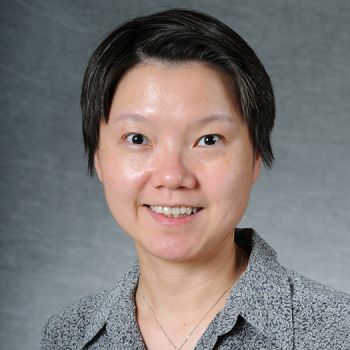My research focus is using mouse models to study how gene mutation contributes to the development of human diseases, including leukemia (and other cancers), infertility, and kidney diseases. Recently, we have identified two related genes, Arid4a and Arid4b, as new members of chromatin remodeling genes. To study their roles in human diseases, we generated knockout mice carrying mutations (deletions) of Arid4a and Arid4b. Using these Arid4a and Arid4b mouse as a model system, we found that mutations in these genes contribute to development of human diseases and cancer through epigenetic mechanisms. Deficiency of Arid4a and Arid4b in mice leads to a hematopoietic disorder with striking similarity to the course of events found in human leukemia. Our results suggest that Arid4a and Arid4b act as tumor suppressor genes with a prominent role in leukemic transformation. Using this mouse model, we recently found that Arid4a and Arid4b function in urogenital development. We now also study whether Arid4a and Arid4b play a role in the regulation of gonadal tumorigenesis, as well as breast cancer and prostate cancer. To further investigate how genetic abnormalities can generate secondary epigenetic effects in disease states, we study the regulatory molecular mechanisms of Arid4a and Arid4b by identifying targeting genes and characterize their regulatory impact of epigenetic effects on the downstream genes. Our discoveries will increase the potential to understand and treat disease conditions. These studies will also contribute significantly to our understanding of the connection between gene regulation, epigenetic control, disease development, and cancer formation.

